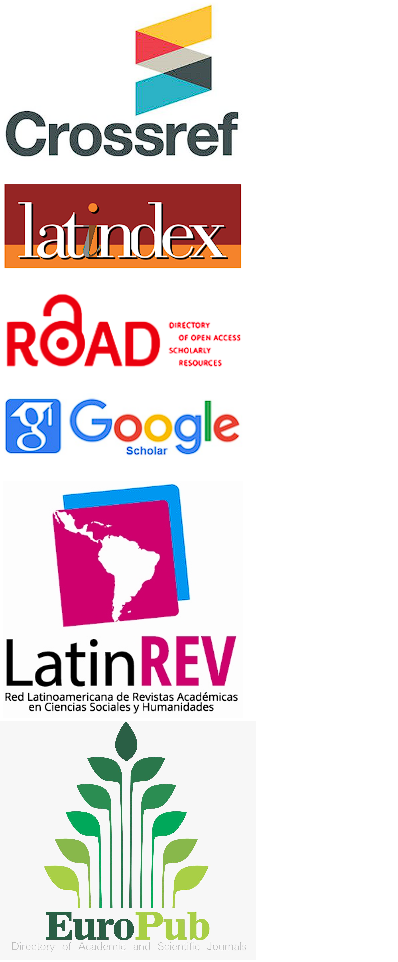Description of strategies from tutoring to reduce school dropout at the higher level
DOI:
https://doi.org/10.58299/cisa.v5i6.54Keywords:
deserción escolar, resiliencia, tutoría, educación superiorAbstract
School dropout is a problem for any educational institution at any level, however there are spaces where it occurs to a greater extent. Hence, an investigation is presented that aimed to establish a contextualized research model for university dropouts, in the Education and Physical Education and Sports programs of the Universidad Autónoma del Carmen that present high dropout rates. It is a descriptive quantitative study. The instrument used: dropout survey, which was submitted to the Cronbach Alpha test, resulting in high reliability. The results give the opportunity to point out that the factors that most affect the dropout rate of the group of students who participated in the study are exogenous to the institution.
From the theory of resilience and the elements that contribute to its construction, it is possible to contribute to address the factors that are negative, based on the spaces and interests of the university tutoring program.
References
Bowlby, John (1986). Vinculos afectivos: Formacion, desarrollo y perdida. Ediciones Morata, S.L.
Cajigal, E., Arias, L.& Farfan, E.R. (2021). Resiliencia y deserción escolar. Un estudio para planear estrategias desde la tutoría en la educación. Superior. CPU-e, Revista de Investigación Educativa, No.34 (27.94), 199 223.https://doi.org/10.25009/cpue.v0i34.2794
Castagnola, C., Carlos-Cotrina, J. & Aguinaga-Villegas, D. (2021). La resiliencia
como factor fundamental en tiempos de Covid-19. Propósitos y
Representaciones, 9(1), 1-18. http://dx.doi.org/10.20511/pyr2021.v9n1.1044
García Fernández, B. (2016). Indicadores de abandono escolar temprano: un marco para la reflexión sobre estrategias de mejora. Revista Perfiles educativos. Vol 38. 191-213. https://doi.org/10.22201/iisue.24486167e.2016.154.57669
Granados, L. F., Alvarado, S. V. & Carmona, J. (2017). El camino de la resiliencia: del sujeto individual al sujeto político. Magis. Revista Internacional de
Investigación en Educación, 10(20), 49-68. https://doi.org/10.11144/Javeriana.m10-20.crsi
Paidos.B., J. (1969). Vínculos afectivos: formación, desarrollo y pérdida. Ediciones Morata, S.L.
Rodríguez-Lagunas, J. & Hernández-Vázquez, J. M. (2008). La deserción escolar
universitaria en México. La experiencia de la Universidad Autónoma
Metropolitana campus Iztapalapa. Actualidades Investigativas en
Rodríguez-Espinar, S. (2008). Manual para la tutoría universitaria. Recursos para la acción. Ediciones Octaedro,S.L.
Taormina, R. J. (2015). Adult Personal Resilience: A New Theory, New Measure, and Practical Implications. Psychological Thought, 8(1), 35-46.







